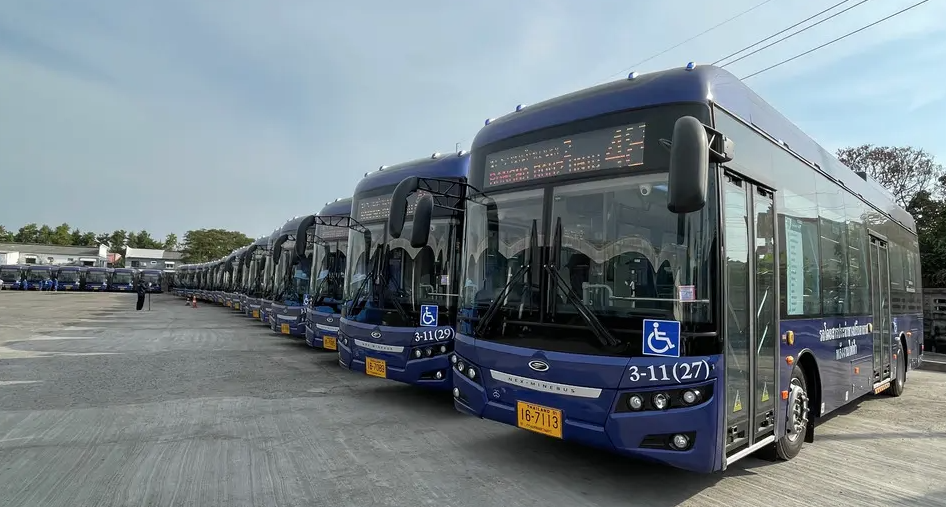There are still no global rules for the carbon markets provided for by art. 6
The era of carbon markets under Article 6.2 of the Paris Agreement starts from the Bangkok electric bus program. On 8 January, the Swiss-based Klik Foundation purchased the first 1,916 credits ever exchanged in this form by the Thai company Energy Absolute. Credits that the Swiss company will enforce in its carbon balance sheet to comply with the Swiss law on CO2 emissions.
What are the carbon markets of art.6.2?
The Paris Agreement provides for the possibility that states exchange carbon credits against investments that aim to mitigate climate change. This system is provided for in Article 6 and has been at the heart of the climate negotiations since 2015. In Paris, in fact, only the structure was decided, but not the technical details. In particular, those that are concerned how to avoid “double counting”, that is, the mechanisms that allow a state or a company to enforce carbon credits in its budget, instead of in the country where the investment is located.
So far, however, these mechanisms are not yet operational. Even at COP28 there was a black smoke: both on the dossier of art. 6.2 that on that of art. 6.4, which together regulate the bi- and multilateral exchange of carbon credits and the unborn global carbon market, at the last the understanding is skipped. This does not prevent states from starting to conclude agreements that should then fall under these schemes: there is however the unknown of what will be the final rules and, consequently, whether the previous agreements will respect them or not.
Thai e-bus to cut Swiss emissions
The work behind the first bilateral exchange on these carbon markets has been going on for a year and a half. In June 2022 Switzerland and Thailand – the Paris Agreement gives states the authority to monitor the sale and purchase of carbon credits, the Internationally Transferable Mitigation Outcomes or ITMO – signed the first cooperation agreement on the subject. A formal framework within which lies the agreement between the Klik Foundation and Energy Absolute. This provides that the ITMO obtained with the financial support of the Swiss foundation will be transferred and used to achieve the Swiss country’s emission reduction target under the Paris Agreement.
Specifically, these credits stem from the financing of the bus fleet conversion program of Energy Absolute, a private operator working in the metropolitan area of the Thai capital, from diesel to electric vehicles. An agreement, says Chatrapon Sripratum of Energy Absolute, shows that “the complex mechanism with the cooperative approach is leading to reductions in CO2 emissions. Our successful implementation of the program is contributing to a decarbonised economy and can inspire other private sector actors in Thailand and around the world to expand their climate actions”.

